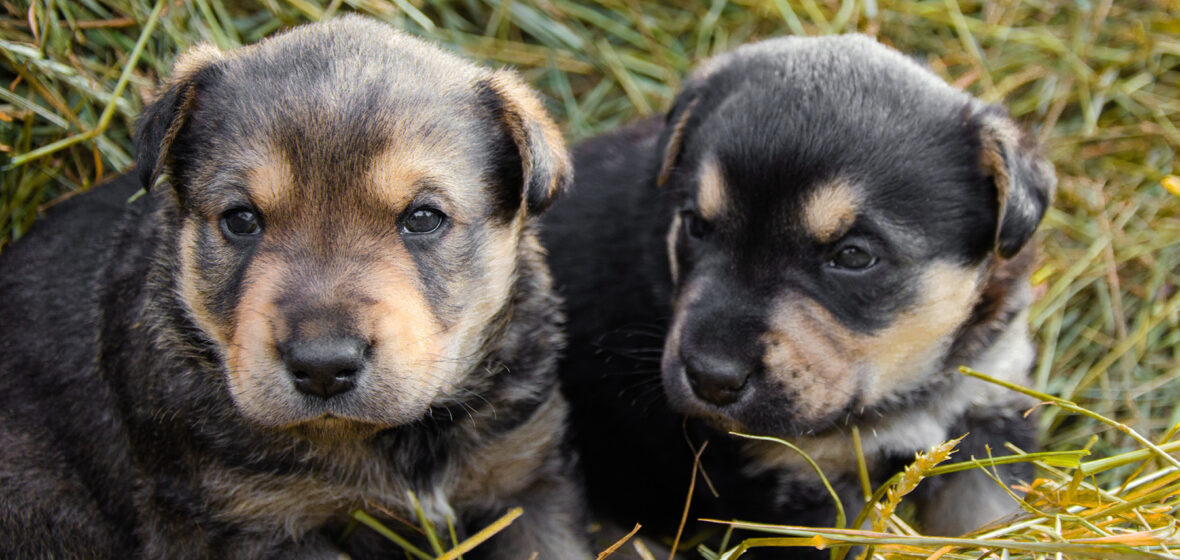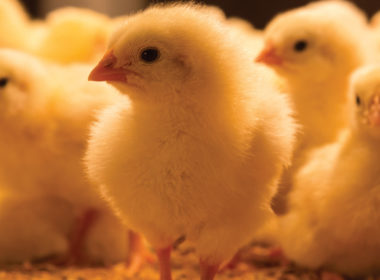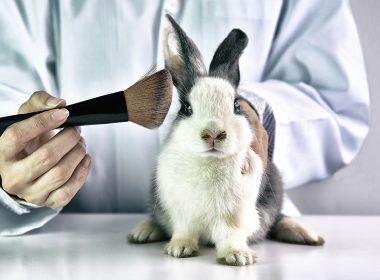Snapshot
- The recent 2022 Animal Law Conference addressed a range of topics, including the protection of companion animals, High Court challenge to ag-gag laws, animals in environmental law and application of the Australian Consumer Law to advance animal welfare.
- Speakers at the conference noted some of the limitations and opportunities in seeking to apply existing legislation to achieve animal welfare goals.
- Speakers also shared their experiences and provided helpful tips as to how lawyers can pursue a career in animal law.
‘Within the Confines’ was the theme for the 2022 NSW Young Lawyers Animal Law Conference, hosted by the NSW Young Lawyers Animal Law Sub-committee. The conference was held on Saturday 10 September 2022. Keen law students, lawyers and passionate animal advocates came together at UNSW’s Colombo Theatre to discuss how the current legislative framework can be utilised to help protect and promote the welfare of animals.
Keynote address
Siobhan O’Sullivan, Associate Professor of Social Policy at UNSW, delivered a thought-provoking keynote address. Siobhan traced historical developments in the animal law space and posed a question to budding lawyers to reflect on: ‘How can I make existing laws work for me and the animals I serve?’.
Protection of companion animals
Companion animals, such as dogs and cats, are a group of animals that are generally more protected by our laws and regulations than others. Yet, the consensus of the first panel of the day, ‘Protecting companion animals,’ was that these laws are grossly inadequate. Anne Greenaway, Principal of law firm ‘Lawyers for Companion Animals’, highlighted some of the challenges in her work with dogs that have been declared dangerous or menacing. She spoke of the need to think creatively in practice, such as looking beyond our own jurisdiction to find suitable rehoming options in circumstances where this solution might otherwise be restricted.
Anna Ludvik from Lucy’s Project, a peak-body for improving access to support for people with animals experiencing domestic and family violence, spoke of how she looks to existing laws designed to protect humans to also advance animal welfare outcomes. In the domestic and family violence space and in other contexts, it is important to help people understand that ‘wherever there is an animal at risk there is also a human at risk’, Ms Ludvik said. Ms Ludvik identified that abuse towards animals signals an important red flag as to where we should be directing our focus.
The Hon. Emma Hurst, Member of the Legislative Council for the Animal Justice Party (‘AJP’) in NSW, spoke of the Bill she has introduced that proposes some limits on dog and cat breeding in NSW. Presently, intensive puppy farming is legal in NSW. There is no limit on the number of breeding dogs any one person can have, nor any limit on the number of litters per dog. While the recent Inquiry into Puppy Farming delayed the consideration of these reforms by Parliament, the Inquiry has been finalised and the report has been tabled. Ms Hurst said the AJP remains committed to pushing for these important reforms.
Intensive breeding contributes to the oversupply of companion animals, and consequently, the treatment of these animals in pounds and shelters following surrender. Ms Hurst spoke of the AJP’s success in passing amendments to the Companion Animals Act 1998 (NSW) following the widely publicised killing of dogs by the Bourke Shire Council in 2021 despite attempts by, and the willingness of, shelters to rescue those animals. Ms Hurst shared that the amendments, now in force, require pounds and shelters to make genuine efforts to rehome animals and stop Councils from being able to block rescue organisations from saving animals prior to them being killed. Ms Hurst added that until such time as the oversupply of companion animals and the under-resourcing of pounds and shelters can be addressed, the legislation cannot go so far as to require every animal to be rehomed. Ms Hurst said, ‘there is a lot more work to be done in this space apart from that piece of legislation.’




